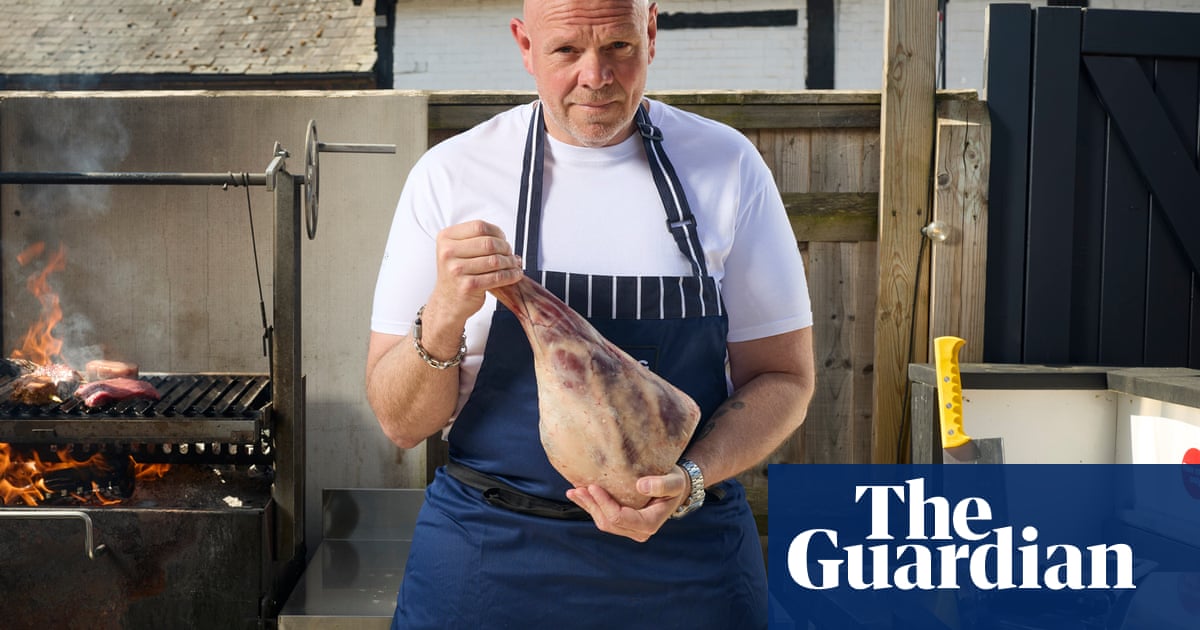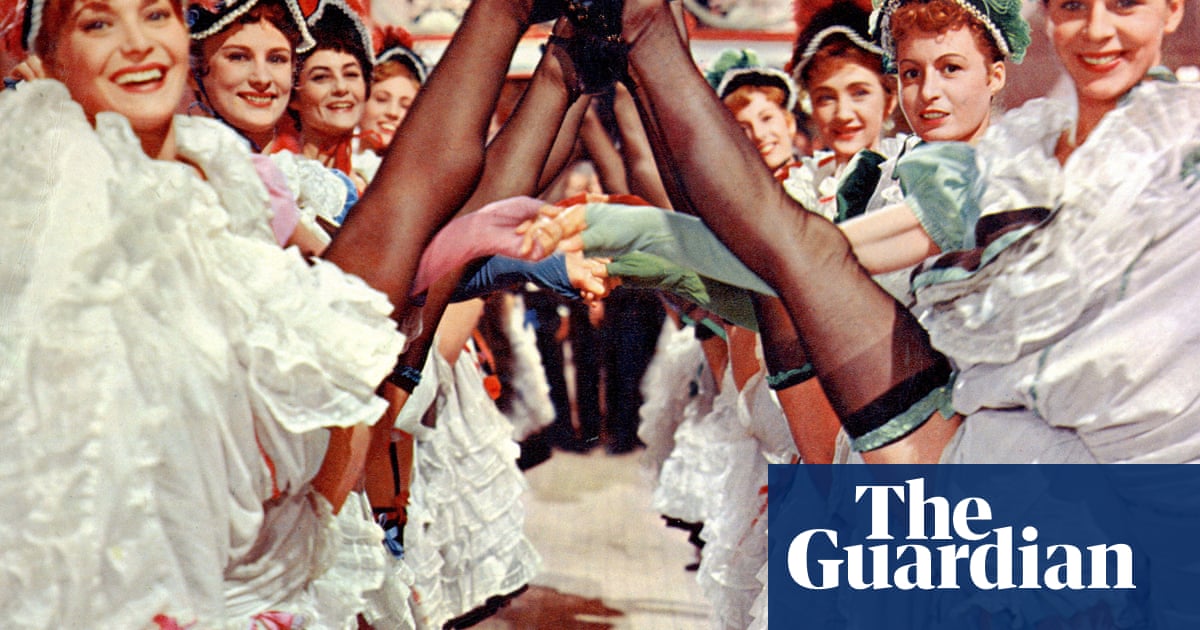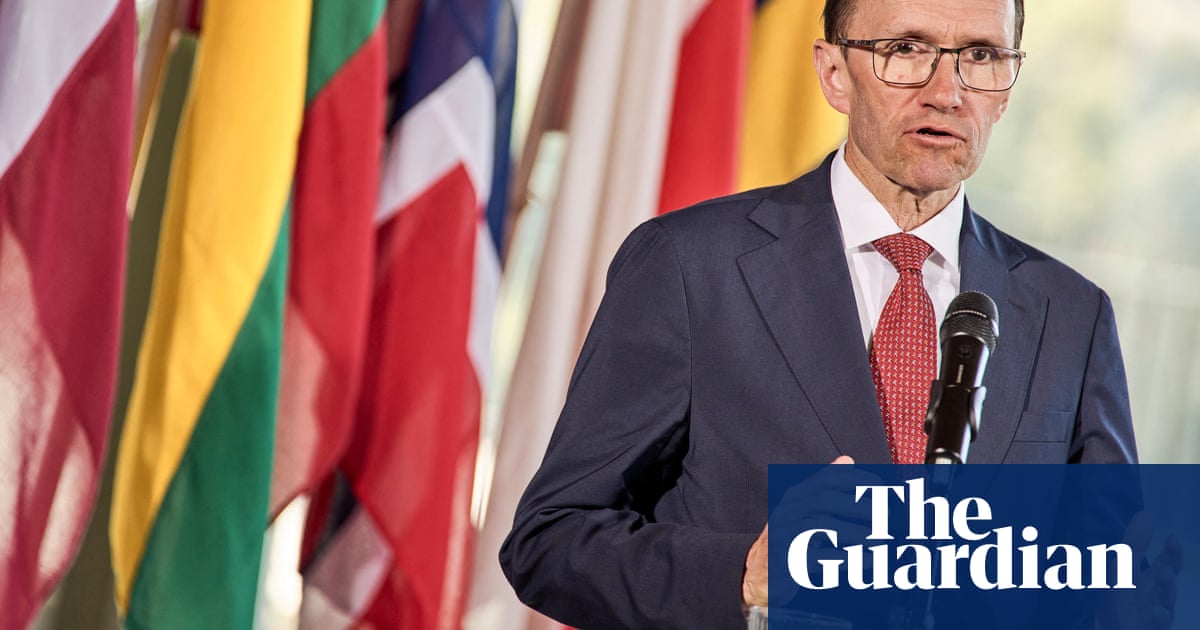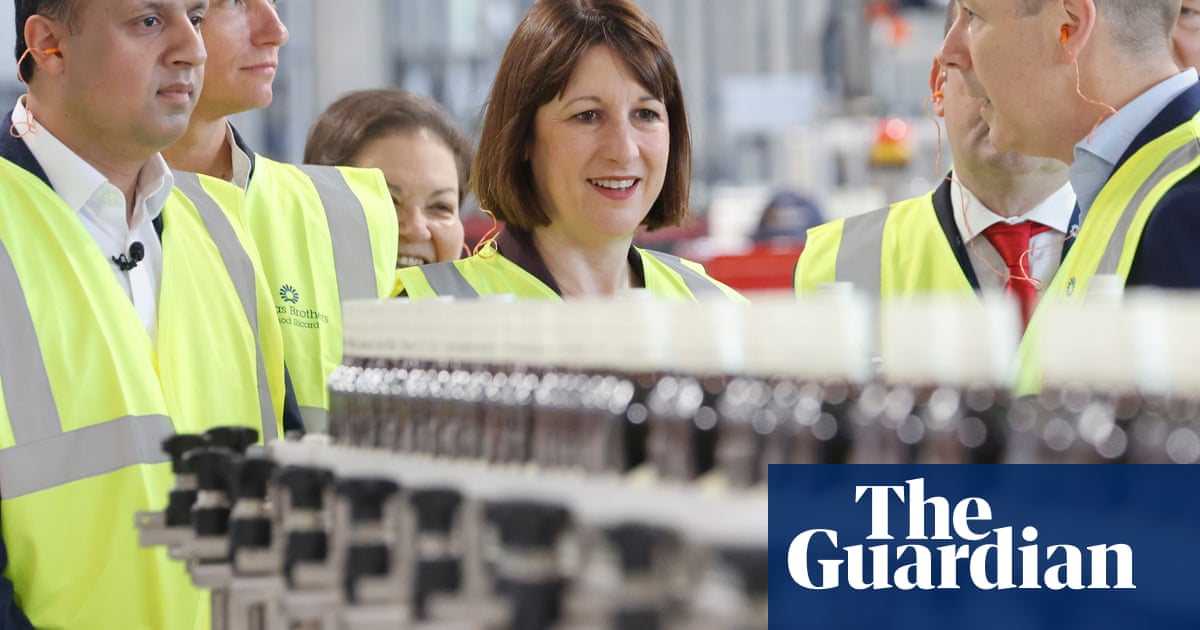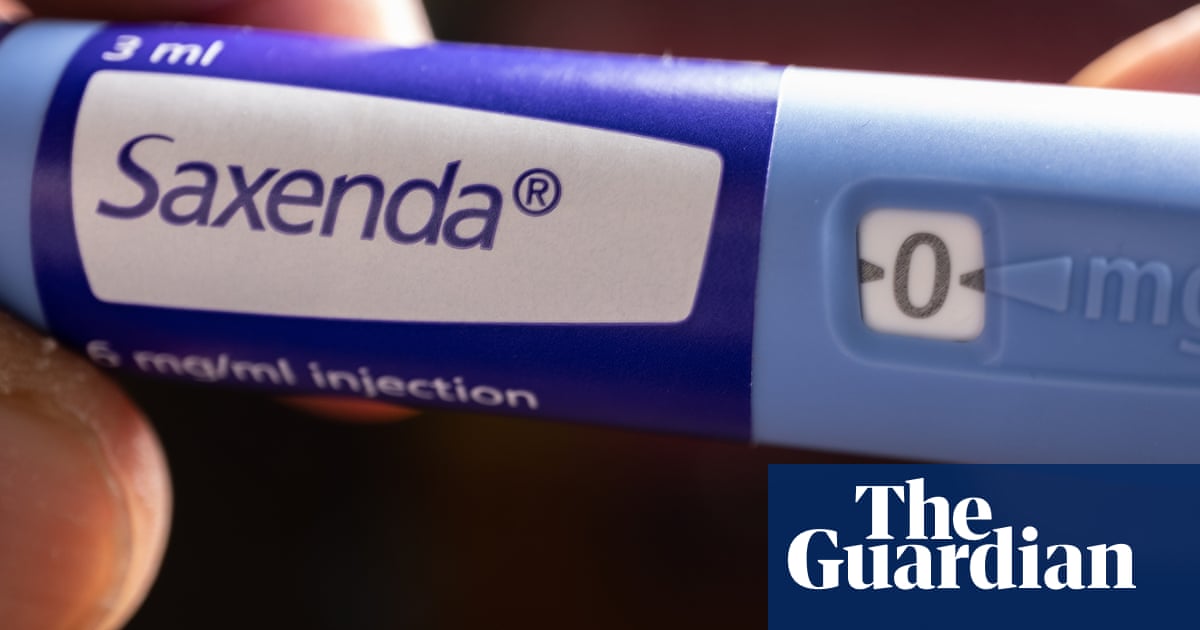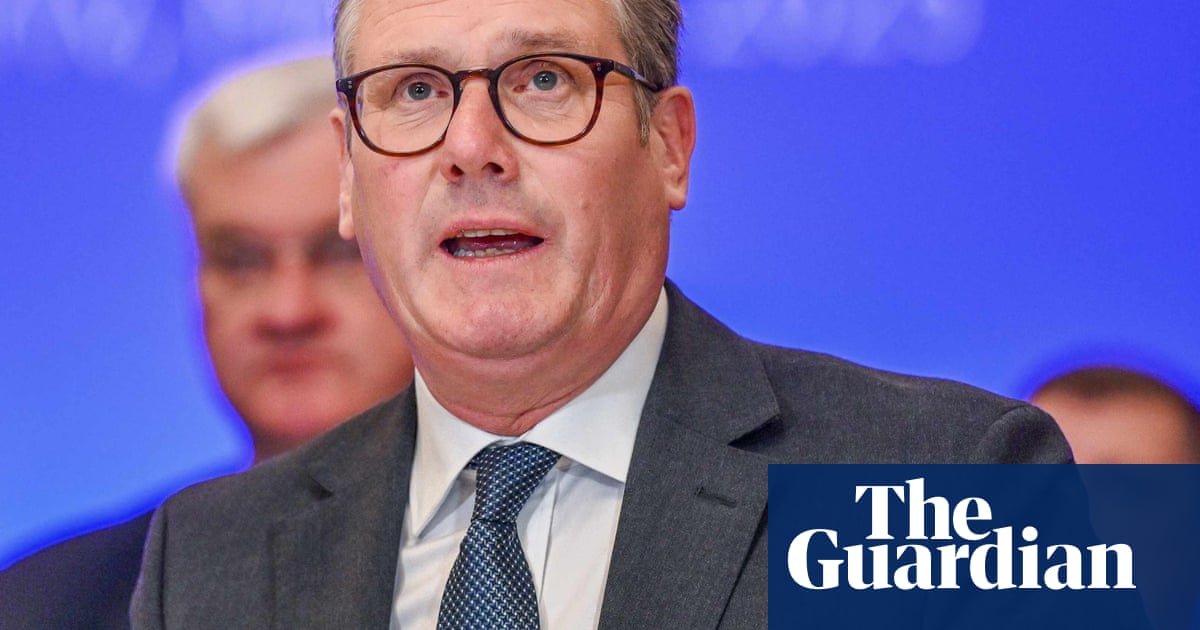On social media they call it “clout”.
The term refers to the amount of influence a personality can command through their posts and followers who like and share their content. Among UK politicians, one man has more of it than all the others put together.
Nigel Farage’s runaway popularity on TikTok is made all the more intriguing by his standing, not as a firebrand of the kind of politics that traditionally chimes with young voters on the activist left, but as conservative former banker, rarely seen out of a pinstripe suit.
A video titled “Isn’t it about time we started looking after our own people?” that he posted in January to his 1 million-plus TikTok followers has been seen 4.9m times. It is one of five videos posted by an MP this year to have been viewed at least a million times, with the other four all also posted by the Reform UK leader.
It is a level of digital dominance his rivals can only dream of. A Guardian analysis of more than 12,000 posts found that since the general election, Reform has achieved almost 14 times the engagement (measured in likes, comments or shares) per post as Labour, the Conservatives or the Lib Dems on the platform.
Among the field of candidates at last year’s general election, he was the most followed MP on TikTok. Now, he has as many followers as every other MP on the platform combined. The only other British political account to have achieved a similar level of growth is Reform’s official party account.
The causal link between social media popularity and ballot box success in this country is by no means established. Jeremy Corbyn, after all, enjoyed an outsized online following, and younger people are among the least likely to vote.
But as the country digests the results of Reform’s success in the English local elections, a mayoral victory and a razor thin Runcorn win, the question becomes: is this a sign that the party’s online clout is translating into real-world votes? And if not, why is it that Farage appears to be putting so much effort into his social media game?
Tim Bale, a professor of politics at Queen Mary University, London, said Reform’s focus on online media might come more out of necessity than intention.
“Reform is effectively a startup, so unlike the legacy parties it doesn’t have so much investment or presence in the legacy media,” he said. “As such it’s more likely to prioritise digital platforms that speak directly to audiences it is targeting.”
Reform appears to have displayed a consistent focus on the app since at least 2023, a full 18 months before Labour, the Tories or the Lib Dems first started posting in the months preceding the 2024 general election.
Since the first post in late 2022, Reform have posted 728 times to their party’s official TikTok account, 184 more posts than the next nearest major UK party, the SNP.
Ministers are banned from having TikTok on their phones without special dispensation owing to security concerns related to the Chinese government. This has led many MPs to get the app on their personal devices or the devices of their employees.
Some Tories continue to not use TikTok due to fears of it being a security threat, with only about 10% of the parliamentary party having an active account. Comparatively 95 Labour MPs, nearly a quarter of the 403 in parliament, actively use the platform. Reform UK’s five MPs and the five from Jeremy Corbyn’s Independent Alliance have accounts they post to regularly.
The strategy isn’t a new one among rightwing parties. In Germany the far-right party Alternative für Deutschland has used TikTok extensively in its campaigning and messaging, similarly outperforming other German parties and forcing their opponents to try to match their success on the app.
Jakob Guhl, a researcher at the Institute for Strategic Dialogue, an international counter-extremism thinktank, believes Reform hopes using TikTok could help the party emulate AfD’s success in the recent German election, where they came second but gained more than double the amount of votes they achieved previously.
“Like AfD, what they’re doing is heavily influencing how the major parties campaign, which seats they prioritise,” he said. “They have leverage.”
Guhl said leftwing politicians in Germany and Britain have also demonstrated an understanding of the power of the platform, but centrist politicians “struggle quite a bit” to get the same engagement, something the Labour party is trying to remedy by telling their MPs to join platforms such as TikTok and YouTube. On TikTok, Labour accounts post far more videos than any other party (296 in April alone, compared with 80 by the Reform UK party account) – yet struggle to get the engagement (116,895 engagements, compared with 916,922 for Reform).
Reform’s approach to social media campaigning is based on the idea that on TikTok it tends to be personalities, rather than corporate accounts, that do well, with the main party accounts all overshadowed by Farage.
His posts that get the most engagement are a mix of trivial content such as him complaining that a hotel only had “leftwing options for milk”, and those that echo core party messaging including videos about “woke politics” and “looking after our own people”.
So do likes and shares lead to ballot box votes? Though research on this topic is imperfect, scientists such as Guhl believe TikTok is very influential in shaping political conversation, which in itself is a useful asset. But, as Steven Buckley, lecturer in digital media sociology at City, University of London, puts it, elections are about changing peoples lives, more than their algorithms.
“To make meaningful political inroads with younger generations, politicians need to address the material conditions of people’s lives,” said Buckley, “not simply make cameos where you talk about Big Chungus".”

.png) 22 hours ago
5
22 hours ago
5


